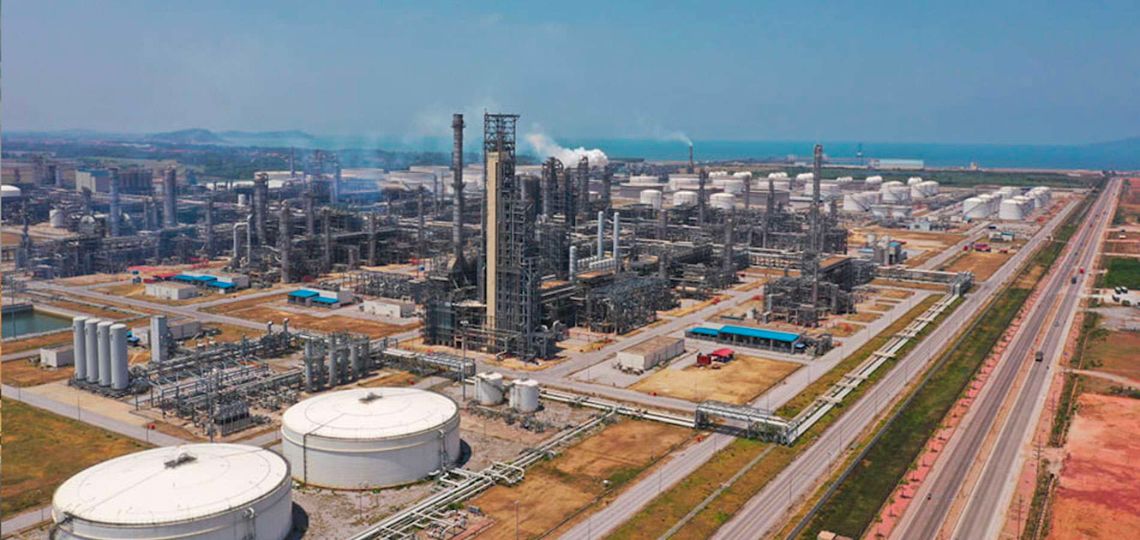Diesel margins are expected to continue to rise. The divergence between refiners’ margins for diesel and gasoline is expected to continue until the middle of next year. In fact, the entry into force of the Russian oil ban in the EU will increase margins for industrial fuel.
Speaking at a forum at the Asia Pacific Petroleum Conference (APPEC), Sri Paravaikkarasu, director of analysis at Phillips 66, explains:
“The readjustment phase will be very difficult when the ban takes full effect, which will continue to push diesel margins higher.”
Diesel fuel margins still on the rise
Refiners are trying to meet the winter demand for diesel fuel. The gasoline will then be dumped on the market as a by-product as the summer season is over. Fuel consumption is under pressure. In fact, soaring fuel prices have dampened demand. In addition, the world supply of diesel is restricted due to the decrease in Russian exports.
Thus, since the invasion of Ukraine by Russia, margins on diesel oil have been rising. These have more than doubled. Margins then reached $32.57 per barrel over Dubai crude. On the contrary, gasoline margins are declining. They fell 96% to 43 cents per barrel compared to Brent crude.
This divergence between diesel and gasoline margins varies with demand cycles. However, it is generally less important.
In addition, naphtha margins are falling sharply. The discount reaches $1.65 per ton compared to Brent. This represents a drop of more than 100% over the same period.
A trend that should continue
This divergence between diesel and gasoline margins is expected to continue. This is due to a possible further fall in Russian exports. As of November 5, the EU will ban Russian oil imports. In addition, the G7 intends to introduce a cap on the price of Russian oil.
Sri Paravaikkarasu explains his concern. According to him, Asian refiners may not be able to meet the demand for diesel in some European countries.






